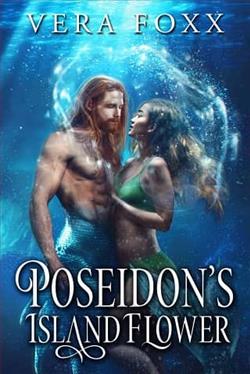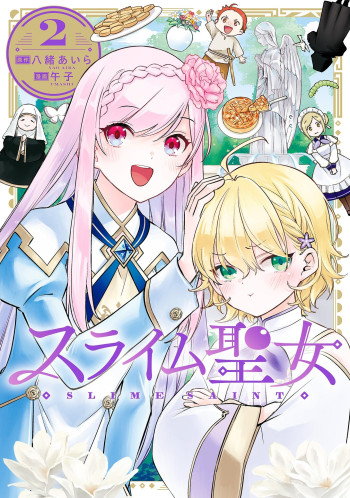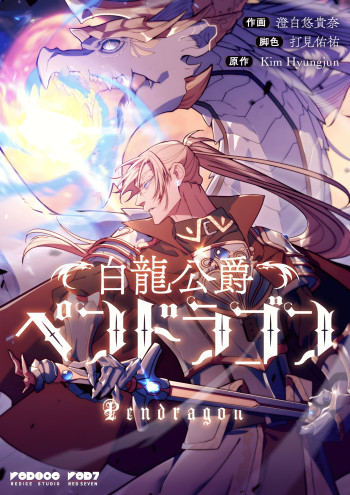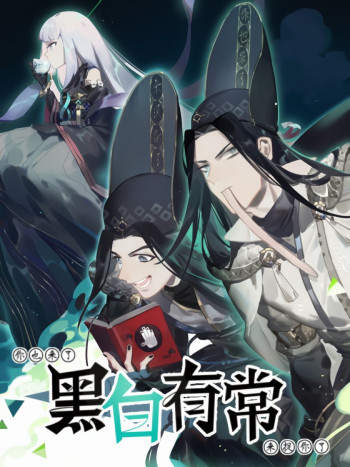Martial Peak Reviews
Vera Foxx's Poseidon's Island Flower offers a refreshing take on the mythological narrative of Poseidon, the God of the Sea, by presenting him in a light that starkly contrasts with the traditional depictions of a tempestuous deity. Instead of the fearsome god known for his wrath and power over the oceans, Foxx introduces us to a Poseidon who is meek, broken, and timid. This intriguing portrayal sets the stage for a unique exploration of vulnerability, self-worth, and the transformative power of love.
The novel's central theme revolves around the idea of self-acceptance and the courage to embrace one's true self. Poseidon's character is a poignant representation of this journey. Having been swallowed by Kronos and enduring years of darkness, Poseidon emerges as a god who is deeply scarred by his past experiences. His internal struggle with feelings of unworthiness and inadequacy is palpable and relatable, making him a compelling protagonist. Foxx's decision to depict Poseidon as a character who grapples with self-doubt and insecurity is a bold move that pays off, as it allows readers to connect with a god who is often seen as distant and unapproachable.
In contrast, Lani, the human caretaker from Hawaii, embodies warmth, compassion, and resilience. Her character serves as a beacon of hope and healing for Poseidon. Lani's journey is equally significant, as she navigates her own feelings of loneliness and longing for connection after her brother leaves for college. Her encounter with Poseidon is serendipitous, and their burgeoning relationship is beautifully portrayed. Foxx skillfully develops Lani's character, highlighting her strength and empathy, which ultimately become the catalysts for Poseidon's transformation.
The dynamic between Poseidon and Lani is the heart of the novel. Their relationship is a delicate dance of vulnerability and trust, as both characters learn to open up to each other. Foxx's writing shines in these intimate moments, capturing the nuances of their interactions with sensitivity and grace. The chemistry between the two is palpable, and their journey towards love is both heartwarming and inspiring. The author effectively uses their relationship to explore themes of healing and redemption, illustrating how love can be a powerful force for change.
One of the standout aspects of Poseidon's Island Flower is its setting. The lush, vibrant backdrop of Hawaii adds a layer of enchantment to the story. Foxx's descriptions of the island's natural beauty are vivid and evocative, immersing readers in a world that feels both magical and grounded. The setting serves as a metaphor for the characters' emotional landscapes, reflecting their growth and transformation throughout the novel.
Foxx's narrative style is engaging and accessible, with a lyrical quality that enhances the mythological elements of the story. The pacing is well-balanced, allowing for moments of introspection and character development while maintaining a sense of momentum. The dialogue is natural and authentic, capturing the essence of each character's voice and adding depth to their interactions.
In terms of character development, Foxx excels in creating multidimensional characters who evolve over the course of the novel. Poseidon's journey from a god plagued by self-doubt to one who embraces his true nature is both compelling and satisfying. Lani's growth is equally impactful, as she learns to trust in her own strength and the power of love. The supporting characters, though not as prominently featured, add richness to the narrative and contribute to the overall tapestry of the story.
Comparatively, Poseidon's Island Flower shares thematic similarities with other contemporary retellings of mythological tales, such as Madeline Miller's Circe and Neil Gaiman's Norse Mythology. Like these works, Foxx's novel reimagines familiar myths through a modern lens, offering fresh perspectives on well-known characters. However, Foxx distinguishes herself by focusing on the emotional and psychological aspects of her characters, creating a deeply personal and introspective narrative.
Overall, Poseidon's Island Flower is a captivating and thought-provoking novel that challenges traditional perceptions of mythological figures. Vera Foxx's portrayal of Poseidon as a vulnerable and relatable character is both innovative and impactful, offering readers a new way to engage with ancient myths. The novel's exploration of themes such as self-acceptance, healing, and the transformative power of love resonates on a universal level, making it a compelling read for fans of mythology and romance alike.
In conclusion, Poseidon's Island Flower is a beautifully crafted story that invites readers to reconsider the nature of divinity and the complexities of the human heart. Through its rich character development, evocative setting, and poignant themes, the novel leaves a lasting impression, reminding us of the enduring power of love and the courage it takes to embrace our true selves.























Reviews 0
Post a Reviews: